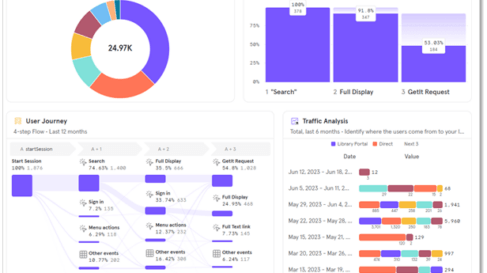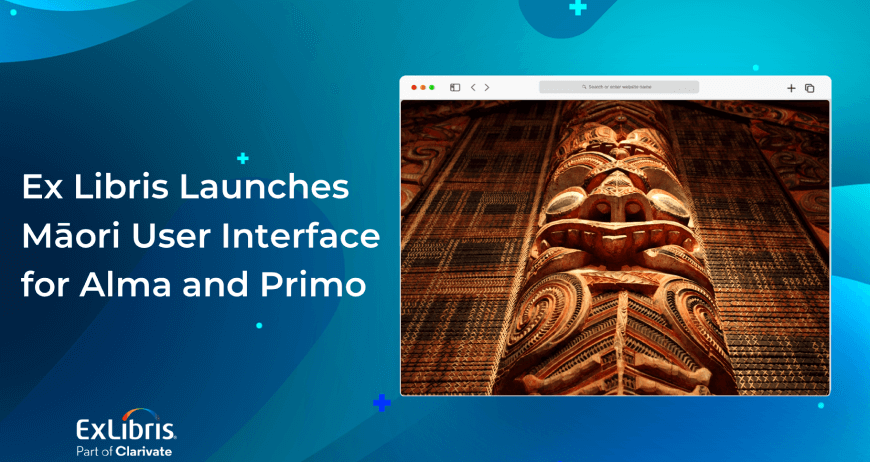Miri Botzer, Product Manager of Discovery and Delivery, Ex Libris
Since rolling out the new Primo user interface a few months ago, we have seen nearly one hundred customers adopting it. Customers are increasingly switchingto the new UI to benefit from the fresh and intuitive design, one experience across all devices, and seamlessly embedded patron services. An additional benefit of the new UI comes from its flexible, extensible architecture, which we refer to as the Primo Open Discovery Framework.
The new framework allows customers with Angular and CSS knowledge to easily extend the Primo UI with new capabilities, develop additional functionality on top of the new UI, and connect Primo with external services. Customizations and extensions can also be shared with the Primo community, so other Primo users can leverage the power of the community to enhance their own systems with no extra work.
Customizations and developments can be implemented on customers’ local servers, with no effect on the production environment, making it a convenient playground for discovery “techies” who like to explore and play with new services.
Many Primo adopters have used the Open Discovery Framework as a springboard for adding more functionality to their discovery interfaces. Let’s look at a few examples:
The Royal Library of Denmark has embedded Altmetrics into article record pages, and added search tips. You can find their code extensions on GitHub.


Other libraries are taking advantage of linked data to enhance record information, for example by adding related subject terms:

Additional examples include patron-oriented services, such as the “Ask a Question” widget added by Leeward Community College Library:

And La Trobe University has changed their facets display:

Over the next few weeks we’ll expose additional innovative ways customers are using the new Primo UI. Stay tuned!
Would you like to take advantage of the new Primo UI and the Open Discovery Framework?
First, check out the videos from the first Primo hackathon in December (Day 1: HTML and CSS; Day 2: Basic JavaScript; Day 3: Service Pages; Day 4: Primo Roadmap and Lightning Talk).
And, if you’re around, join the Ex Libris community Developers Day at the ELUNA or IGeLU conferences to learn more from Primo customers and product experts.









